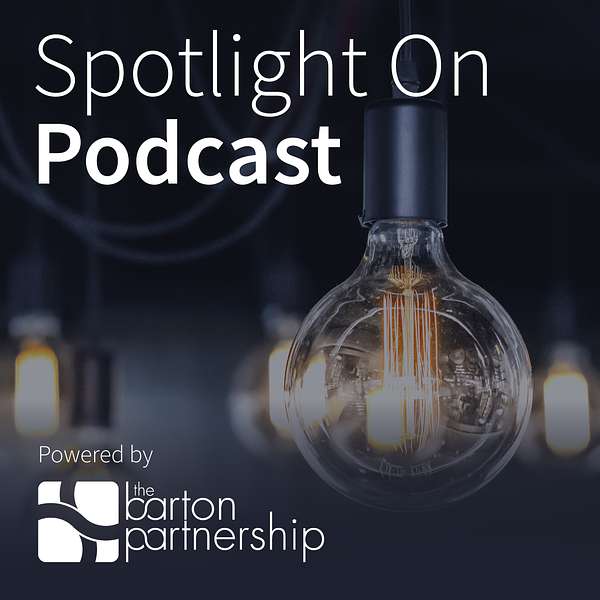
Spotlight On Podcast
The Barton Partnership's Spotlight On podcast brings together global executives, entrepreneurs and experts, sharing inspiring stories and shining a light on some of the most pressing issues facing businesses today.
Spotlight On Podcast
Spotlight On with James Hadley, UK Managing Partner at Bain & Company
•
The Barton Partnership
James Hadley, Senior Partner at Bain & Company and current UK Managing Partner, shares insights from his nearly 30-year career on how corporate strategy functions are evolving to meet today's business challenges.
Whether you are a corporate strategist, consultant, or executive navigating strategic decisions, this conversation offers invaluable perspective on how the practice of strategy is evolving, and what it takes to stay relevant in an increasingly complex business landscape.